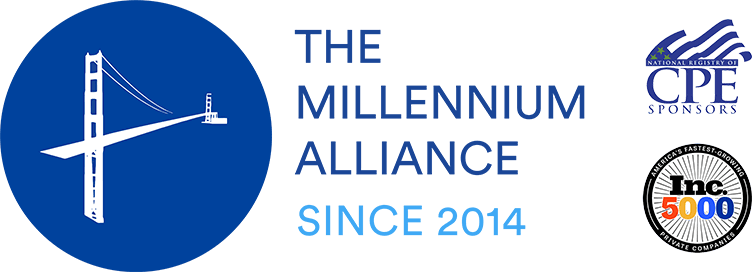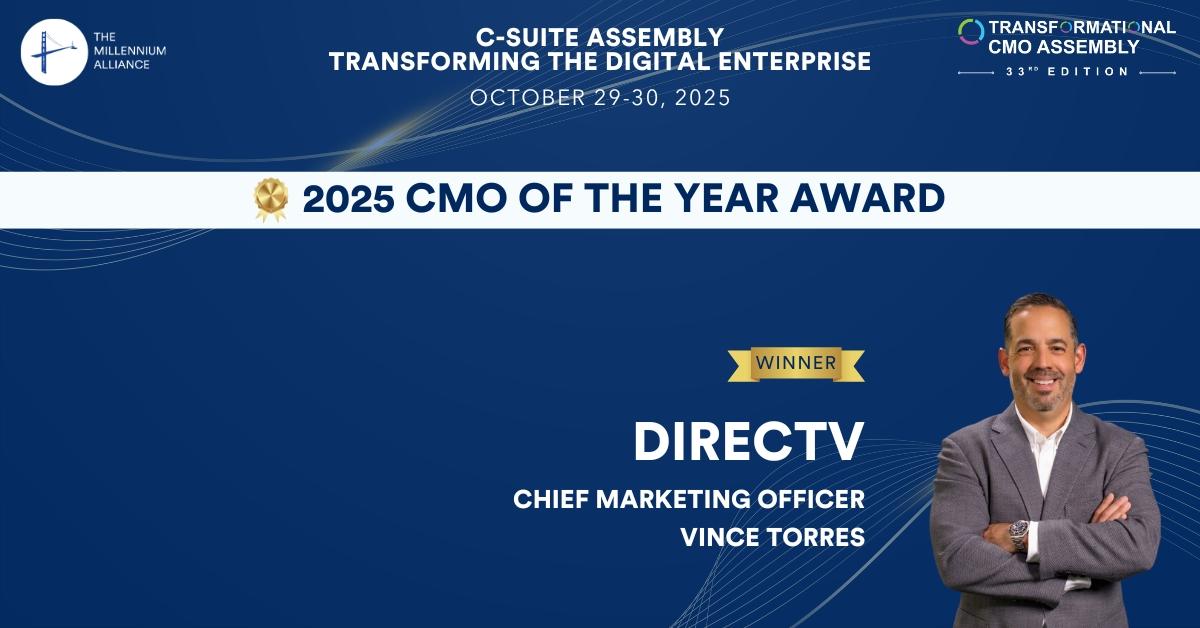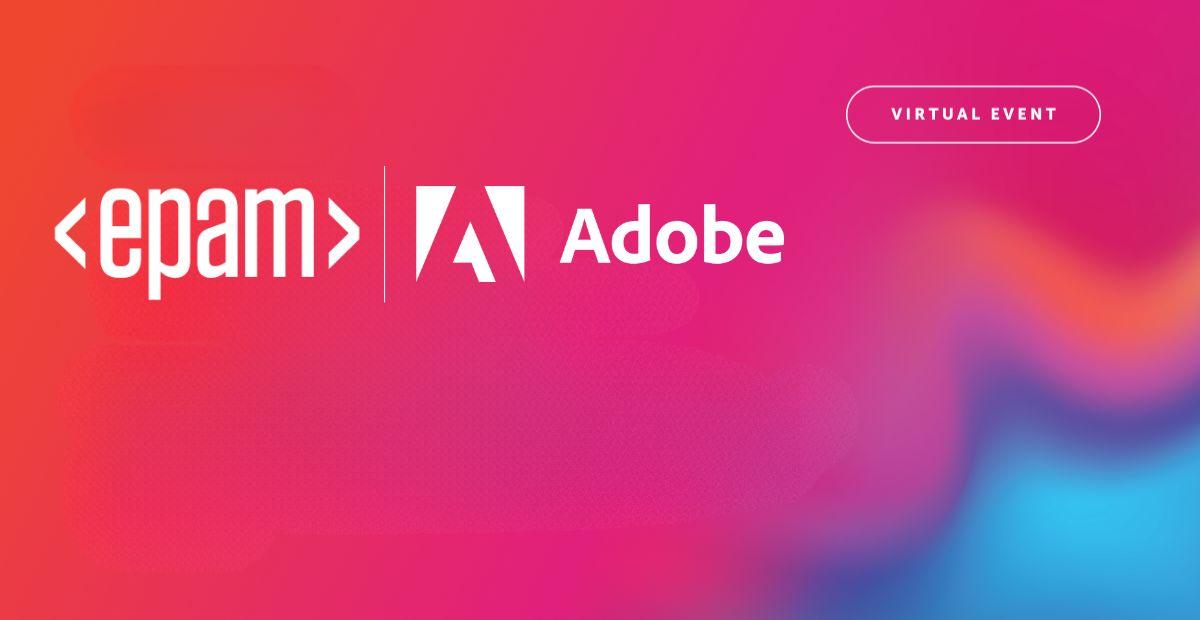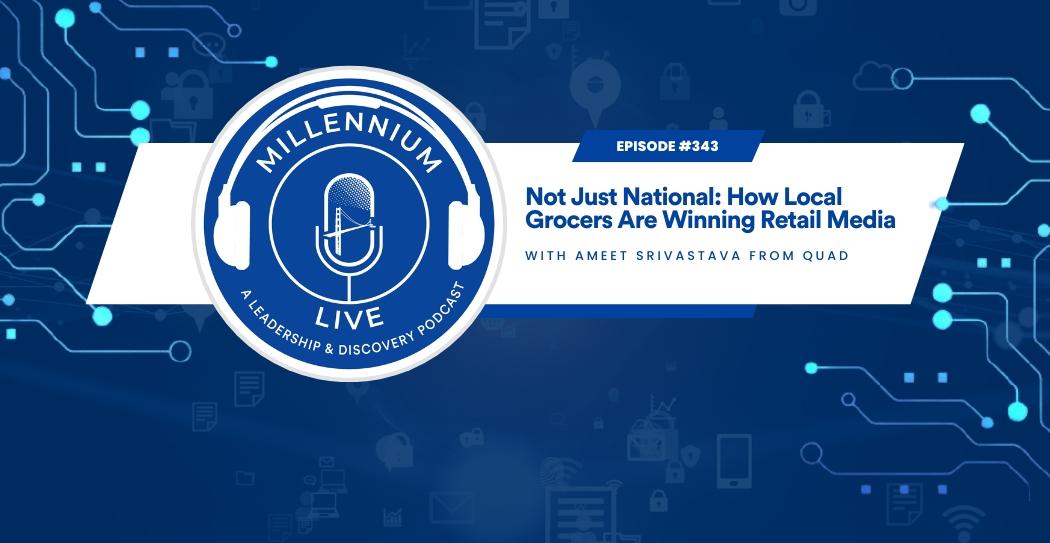“Content strategies shift from thought leadership to product-focused information.”
Altimeter’s new report, The 2018 State of Digital Content, gives digital marketers and content strategists insight into the latest facts and figures about how companies are using digital content to drive business results this year. Uncovering key findings that you can only find in this report, this report is based on a survey of 400 content and digital marketers across North America, Europe and China, it provides key insights into what strategies, channels and content formats perform best in specific industries and regions.
Omar Akhtar, Industry Analyst at Altimeter sat down with Digital Diary to discuss his most recent report to date. He discusses how his new report will give the reader, especially digital marketers and content strategists, how to utilize digital content to drive better and more efficient business results in 2018 into the future.
Thanks, Omar, for sharing your insight with us!
As an analyst for Altimeter, you publish research that helps companies thrive on digital disruption. In your new report with Altimeter, The 2018 State of Digital Content, what key insights do you address to bring challenges with content to light?
In this research report, we specifically wanted to look for indications that companies
were using digital content to do more than meet only “marketing goals” such as brand
awareness and reach. Not only did we identify key ways that content marketing is being
measured, but we were also able to break down those results by different channels, industries, and regions. This gives companies a starting point in terms of benchmarks so they can evaluate their own content strategies, and the performance of their digital channels, relative to their industry and level of maturity.
In the report, you focus on the content strategies that are shifting away from thought leadership to product-focused information. How has digital content impacted how businesses drive results this year?
Businesses are doing a much better job at linking content strategies to driving business
objectives. For retail and e-commerce companies, using content to drive revenue is a
direct link, since product-focused content such as 3D images or guides can directly
impact a purchase decision. For B2B companies, content is being used not just for
demand generation, but downstream, revenue-generating activities, such as sales
enablement and cross-sell upsell. Digital tools have gotten better and attributing credit
to content and we’ll see even more use cases in the next year.
What are companies, not specific companies in America, doing to effectively operate their digital channels?
The best content-producing companies are using data to influence the kind of content
they create, the audiences they will target, and the channels they will target them on.
The most desirable skill for new content team hires in 2019 is data analysts, which
underscores how crucial it is to have an audience or customer-centric content strategy,
rather than one that is focused on brand or company needs.
What makes effective content stand out from the noise and what are companies lacking in their management of strategy and their production of content?
Making content stand out is becoming increasingly difficult, and the only way companies
can stand out is to be extremely relevant, which is different from being extremely
personalized. If the content is solving a customers problem, or need for information at
the exact time they are looking for it, it’s much more effective than just having content
directly addressing the customer’s name or location, which borders on creepy.
When it comes to producing content, companies are under so much pressure to produce
all of the content all of the time on all of the channels, when they should be making
smarter, data-based decisions on the type of content they will NOT be producing. Setting
priorities for key content types are essential to being efficient with resources, aligning to a vision and reducing waste.
In your report, you write that “as digital content grows to serves the needs of multiple departments, aligning all those teams on a single content strategy becomes harder and harder.” Why has this proven to be an obstacle for most companies? Is it more than a lack of communication?
The bigger the company, the more content producers, or content stakeholders it has.
Couple that with how easy it is to produce and deliver digital content (through social
media, websites, and email) we now have the problem of too much content being
produced by many different parts of the organization, and it becomes difficult to align
everyone on a shared vision of what they want the content to achieve, or even be
consistent with what it looks like. Communication is key, but so is a strong governance
system that allows independent creation, but enforces strategic alignment and creative
guidelines.
What technologies are companies utilizing to become savvier and creative with their digital content?
Companies are investing in personalization software, specifically for the web. It’s the
technology receiving the most investment this year and the next. Personalizing web
pages is one of the most effective points of personalization for digital marketing teams
and today’s systems have made it much more easy to implement and integrate with
other platforms in the stack.
What do you think is the key point an executive can take away from this report as they look toward product-focused information?
Executives can and should demand greater ambition from their digital content teams.
They must stop defining content as only a marketing tool, given that it can help drive
results across other customer-facing departments as well, such as sales and service.
There are better use cases, better attribution models, and better technologies to make
this a reality.
ABOUT OMAR AKHTAR
Omar Akhtar is an analyst and the managing editor of Altimeter, a Prophet Company.
He  oversees the editorial process behind all of Altimeter’s publications, including its research reports, daily blog, and multimedia content. Omar’s research focus is paid, earned and owned content strategy, marketing technology, and customer experience.
oversees the editorial process behind all of Altimeter’s publications, including its research reports, daily blog, and multimedia content. Omar’s research focus is paid, earned and owned content strategy, marketing technology, and customer experience.
Previously, Omar was the editor-in-chief of the marketing technology news site The Hub where he covered the latest trends, tools, and strategies in the world of digital marketing, big data, social media, and mobile. He has frequently served as a moderator in conferences and panel discussions on the above topics.
Before The Hub, Omar worked as a tech and finance reporter at Fortune Magazine, where he contributed to the publication’s most popular lists, included the Fortune 500, The Best Places to Work, and the 40 under 40. Omar has a masters degree from Columbia University’s Journalism School, with a specialization in digital media. In a previous life, he fronted a rock band and hosted a top-rated radio show in his native Pakistan.
ABOUT ALTIMETER
Taken off of Altimeter’s website. Click here to access>>
“We give business leaders the insight to thrive in the face of change.”
Altimeter helps leaders thrive by providing research and advisory on how to leverage disruptive technologies. Our analysts take a holistic, yet pragmatic approach to understanding the intersection of technology and the human side of business.
About Prophet: Our global team of thinkers, makers, and doers combine its diverse skills to create fresh thinking, actionable strategies, and beautiful design. With our optimistic yet pragmatic approach, we help our clients find new avenues for growth. We leverage our global footprint, and operate with a single P&L, enabling us to bring the right people with the right experience together to solve our clients’ current business challenges.














